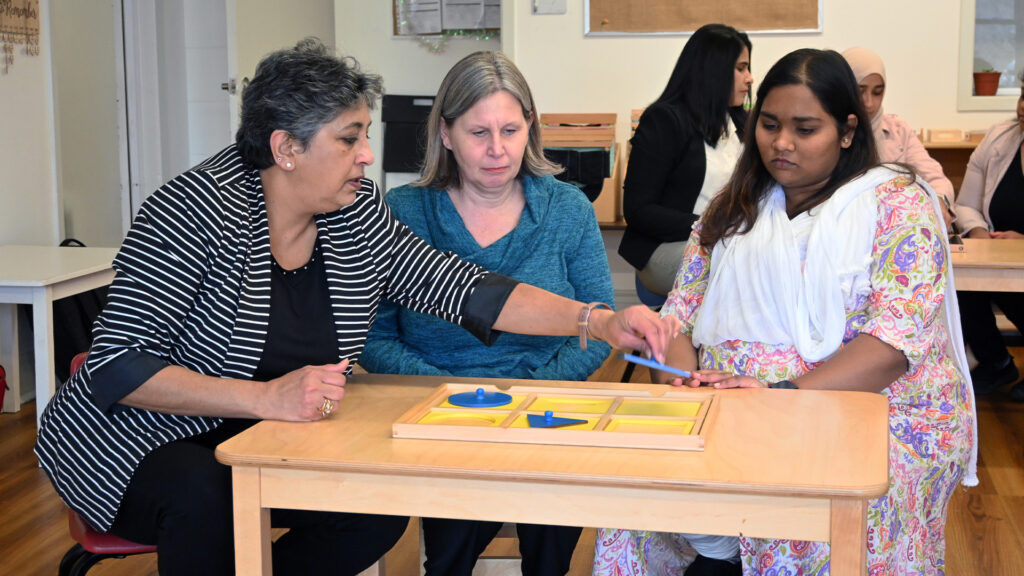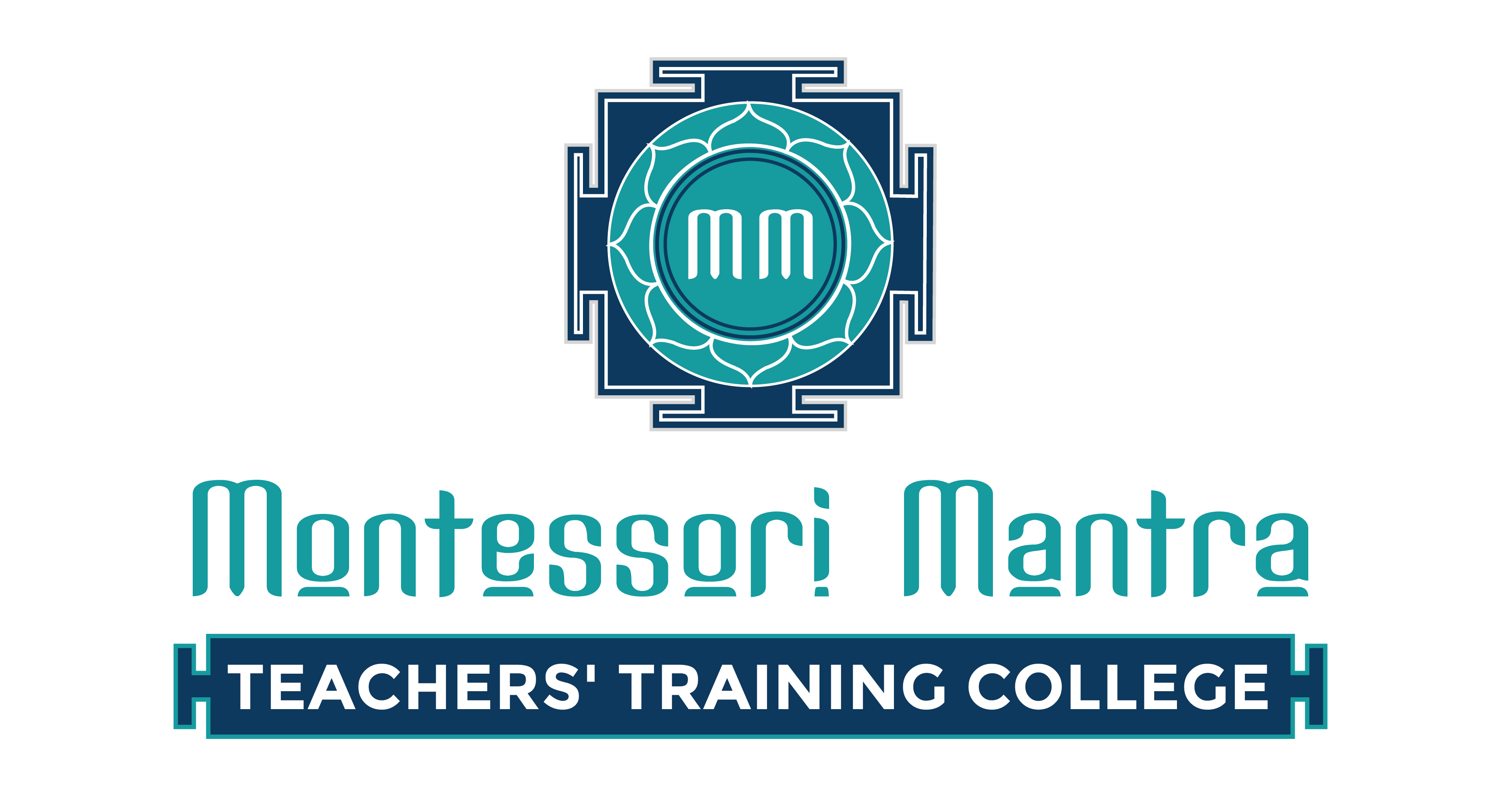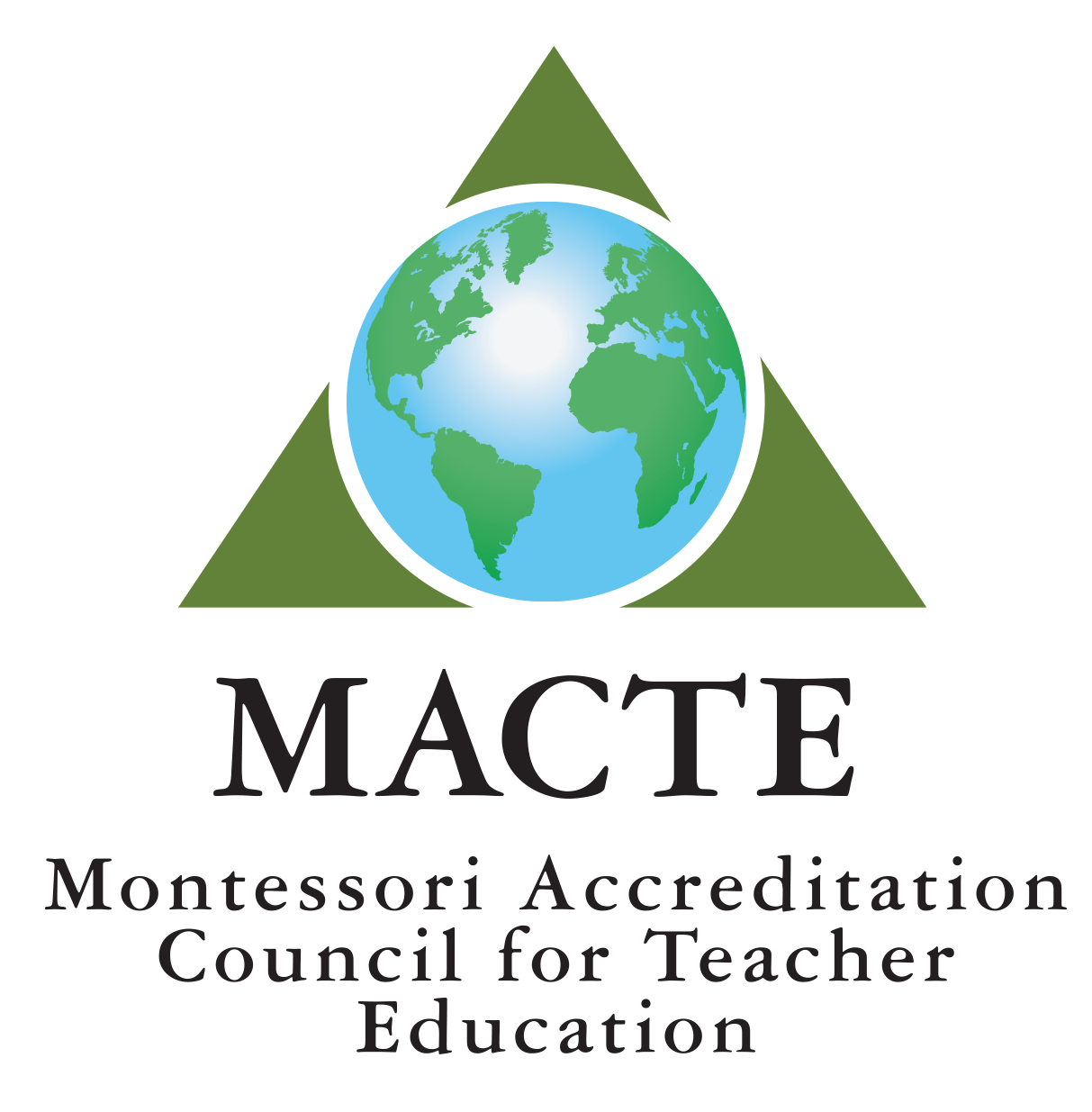
The Montessori philosophy, developed by Dr. Maria Montessori, is a child-centered educational approach based on scientific observations of children from birth to adulthood. It emphasizes independence, respect for a child’s natural psychological development, and the importance of a prepared environment. For aspiring Montessori educators, understanding the core principles of this philosophy is essential to effectively implement it in the classroom. Here, we explore the foundational principles that underpin the Montessori method.
Respect for the Child
Respecting the child is a fundamental principle of the Montessori philosophy. This means recognizing and honoring each child’s individuality, unique learning pace, and personal interests. By showing respect, educators create a nurturing and supportive environment where children feel valued and motivated to learn.
The Absorbent Mind
Dr. Montessori identified that young children have an “absorbent mind,” meaning they effortlessly absorb information from their surroundings. During the first six years of life, children go through sensitive periods where they are particularly receptive to learning specific skills. Montessori education leverages these periods to introduce appropriate activities and materials.
Sensitive Periods
Sensitive periods are critical times in a child’s development when they are especially open to acquiring certain skills or knowledge. Montessori educators observe children to identify these periods and provide materials and activities that align with their developmental needs.
Prepared Environment
The prepared environment is a carefully designed space that promotes independence, exploration, and learning. It includes age-appropriate materials, organized in a way that is accessible to children. The environment is calm, orderly, and aesthetically pleasing, encouraging children to engage in meaningful activities.
Auto-Education
Auto-education, or self-directed learning, is the idea that children are capable of educating themselves through their interactions with the environment and materials. Montessori educators facilitate this by providing resources and guidance, but they allow children to take the lead in their learning process.
Freedom Within Limits
Children in Montessori classrooms are given the freedom to choose their activities and work at their own pace, but within established boundaries. This freedom fosters independence and self-discipline while the limits ensure a safe and respectful learning environment.
Independence
Promoting independence is a key goal of Montessori education. Children are encouraged to do things for themselves, such as dressing, preparing snacks, and cleaning up. This builds self-confidence and a sense of responsibility.
Hands-On Learning
Montessori education emphasizes hands-on learning through the use of specially designed materials. These materials are self-correcting and allow children to learn through manipulation and exploration, making abstract concepts more concrete.
Intrinsic Motivation
Montessori philosophy believes in fostering intrinsic motivation, where children engage in activities for the joy of learning rather than for external rewards. This approach helps children develop a lifelong love of learning and a sense of satisfaction from their accomplishments.
Social Development
Montessori classrooms often include mixed-age groups, promoting social development through peer learning. Older children mentor younger ones, and younger children learn by observing older peers. This setup fosters a sense of community and collaboration.
Understanding these core principles is crucial for aspiring Montessori educators. By embracing these values and integrating them into their teaching practice, educators can create a dynamic and supportive learning environment that nurtures the holistic development of each child.


